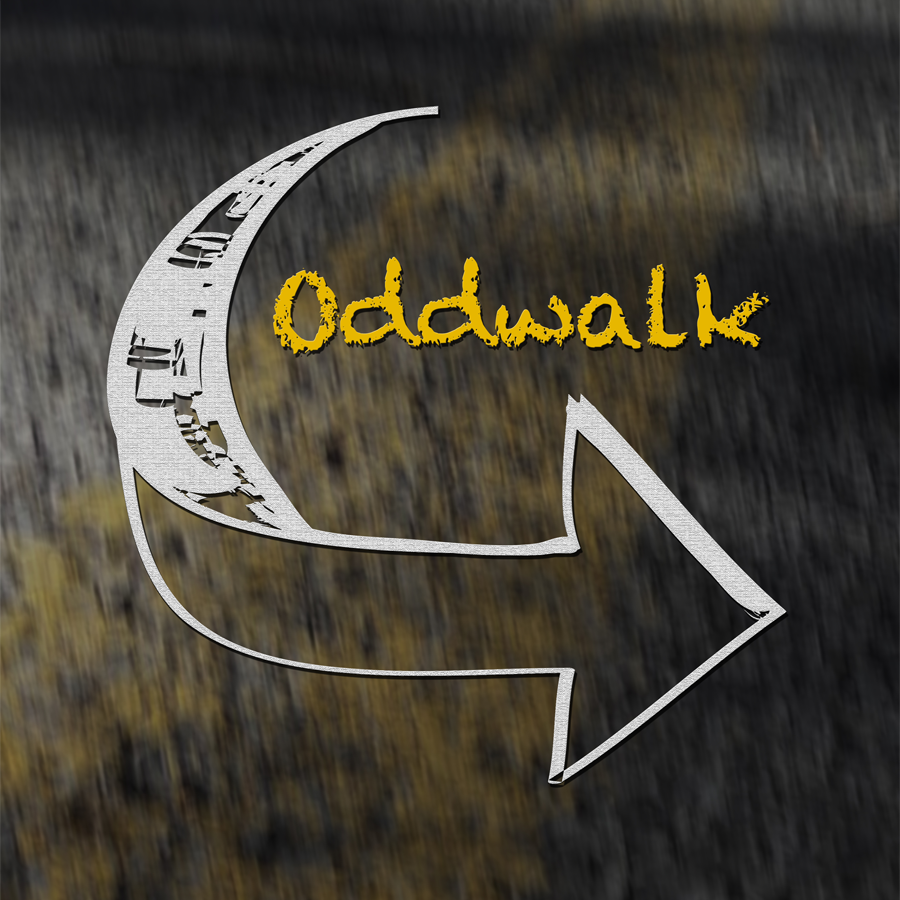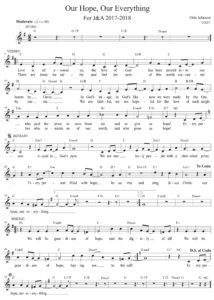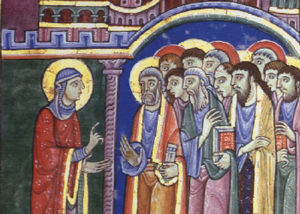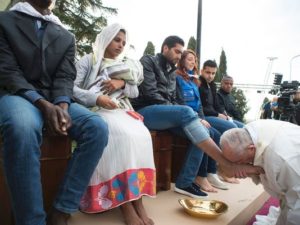Certain current events are understandably troubling and causing a bit of concern if you’re like us. Whether it’s the threat of war with North Korea or Venezuela, or the recent events in Charlottesville, many people have heavy hearts and some amount of anxiety about what the future holds.
At Sts. Joachim and Ann, where I (Orin) am the music director, each year the day school and the whole religious education program focus on a certain theme for the year. And, for several years now, I have written a song to flesh out that theme and help it to dwell in the hearts and lives of the students and faculty. One of these, “Alive in Love, Alive in God” is on our most recent Oddwalk CD.
This year’s theme at J&A is “Guardians of Hope” – which happens to tie in to an anti-bullying program at school as well. As I pondered what the text could be for this new piece of music, I started asking myself what it meant to be a guardian of hope – how we do that in any practical way. Especially framed by current events, the question took on particular urgency and relevance.
When it comes to recognizing hope, seeing it around us, offering it to others – all this, of course, begins and ends with God: God’s creating us in God’s own image and likeness, Christ’s self-sacrificing love, and how we recognize both of these things in those around us and what it then propels us to do.
If we truly saw each human being as created in the image and likeness of the One who created all things, and if we truly believe that Christ’s sacrifice on the cross was for the redemption of all who choose to accept that amazing gift and is also our model for loving one another, we would never again be able to wage war, nor would we be able to see ourselves as superior to any other human being.
In short, being a guardian of hope means we recognize the Christian dignity in those around us (and in ourselves) and loving like Christ loved. And, that’s what my new song tries to say.
Click the picture above – or right here – to view or download a PDF of it, and click here to listen to a demo recording quickly made one afternoon late last week at Church. If you like, please feel free to use the song – for catechesis, for prayer, for any need it might fill.
And may we all be guardians of hope this year.




